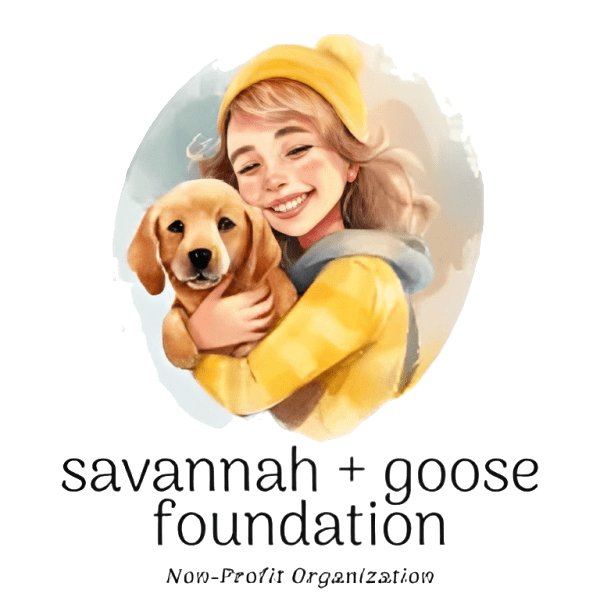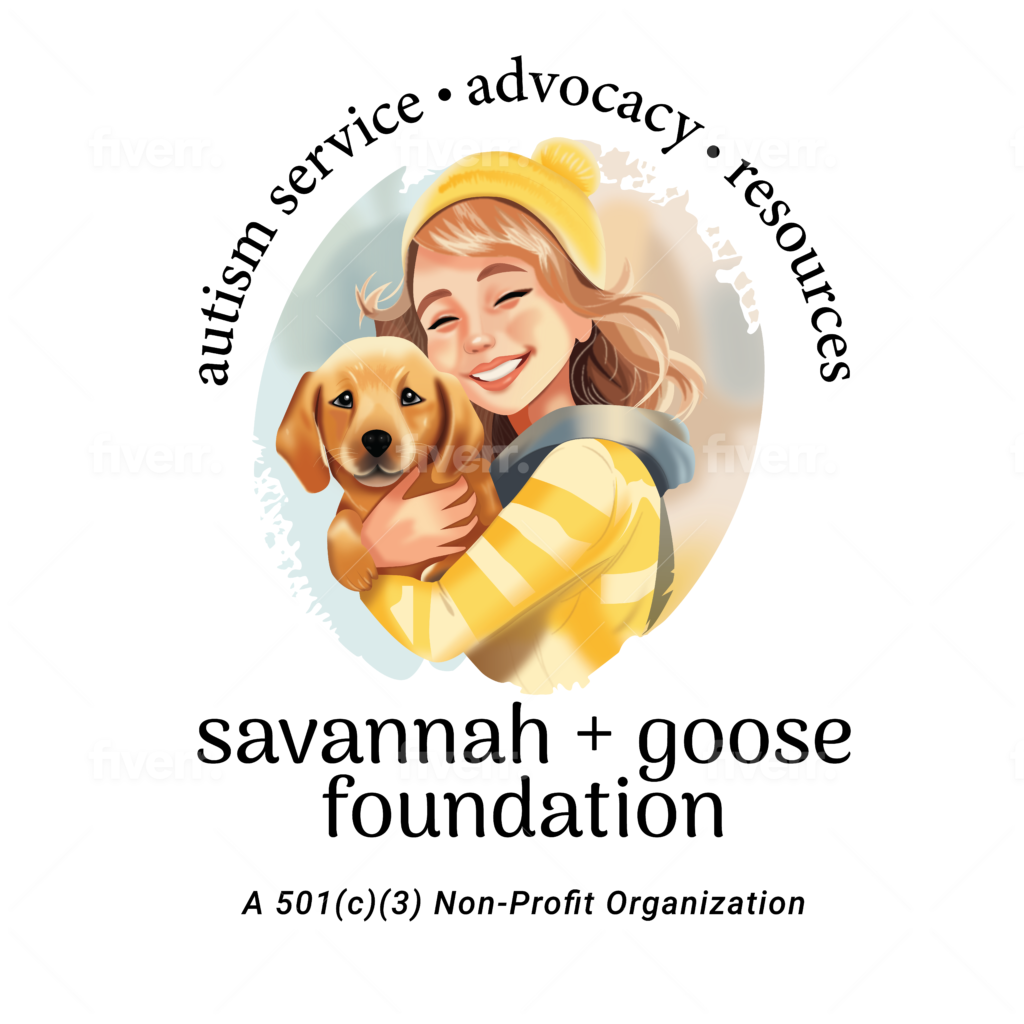
The Business Opportunity in Inclusive Fall Events
The fall season represents a golden opportunity for businesses. From pumpkin patches to Halloween events, autumn activities drive significant revenue across retail, entertainment, and hospitality sectors. But for the one in 31 families affected by autism spectrum disorder, these seemingly joyful experiences can be fraught with challenges that many business owners never consider.
Understanding the Challenges Autism Families Face
When a child with autism becomes overwhelmed by sensory stimulation at your fall festival or Halloween event, they may exhibit behaviors that untrained staff misinterpret as misbehavior. Even more concerning, nearly half of children with autism engage in elopement behavior – suddenly running or wandering away from safe areas. This creates not only a crisis for the family but a potential liability for your business.
The Financial Case for Autism-Friendly Practices
What many business owners don’t realize is that implementing autism-friendly practices isn’t just compassionate – it’s profitable. Families affected by autism control an estimated $200+ billion in annual purchasing power, and 87% report exclusively patronizing businesses that accommodate their needs. That’s a substantial market segment that many businesses are inadvertently turning away.
The Importance of Authentic Implementation
Autism families typically engage in extensive pre-planning before any outing. They research venues, prepare their children with social stories, and map out potential challenges and escape routes. When your business markets itself as “autism-friendly” or “sensory-friendly,” these families will specifically seek you out based on that promise.
However, it’s crucial to deliver on what you advertise. Don’t market accommodations you haven’t actually implemented. If you claim to have a quiet space or sensory room, ensure it truly exists and is properly equipped. If you advertise sensory-friendly hours, make certain all staff understand what that means and how to maintain that environment. Authenticity matters tremendously to this community, and failing to deliver on promised accommodations not only disappoints families but can damage your reputation within this tight-knit community.
Real-World Success Stories
Leading organizations are already seeing the benefits of autism-friendly initiatives. The Philadelphia Eagles have pioneered inclusivity in professional sports with their dedicated sensory room at Lincoln Financial Field. Created in partnership with KultureCity, this space gives fans with sensory sensitivities a place to decompress while still enjoying the game experience. Since its implementation, the Eagles have reported significant positive feedback and increased attendance from families affected by autism.
Similarly, many trampoline parks have implemented innovative approaches to create more inclusive environments. These facilities use color-coding systems and scheduled “sensory-friendly” jump times with reduced capacity, dimmed lighting, and lower music volumes. These timed sessions prevent overcrowding and create a more manageable environment for children with autism, resulting in increased family patronage during traditionally slower business hours.
Simple Staff Training with Major Impact
Creating an autism-friendly environment doesn’t require expensive renovations or major operational changes. Start with staff training. Ensure your team understands what autism is and how to recognize signs of sensory overload. Train them to respond appropriately if a child with autism becomes overwhelmed or wanders away.
For businesses looking to implement professional training, organizations like Pathfinders for Autism offer specialized services. They will come directly to your business location to train employees on autism awareness and appropriate response strategies. Simply reach out through their contact page (https://pathfindersforautism.org/contact/) to schedule this invaluable training that can transform your staff’s ability to serve the autism community effectively.
Low-Cost Environmental Accommodations
Environmental accommodations can make a tremendous difference as well. Designating “sensory-friendly hours” with reduced lighting, lowered music volume, and minimal announcements creates a welcoming atmosphere for families affected by autism. Creating quiet spaces where overwhelmed individuals can decompress shows families you value their patronage.
Set up dedicated “safe spaces” or “calm down rooms” where children experiencing sensory overload can retreat. These don’t need to be elaborate – even a small, quiet corner with comfortable seating, some simple fidget toys, and reduced lighting can make a world of difference to a family in crisis. What matters most is that these spaces are consistently available, clearly marked, and respected as a sanctuary for those who need them.
Effective Communication Tools
Communication tools represent another low-cost, high-impact accommodation. Visual guides showing what to expect at your location help children with autism prepare for new experiences. Clear signage throughout your venue helps both children and parents navigate more confidently. These simple tools significantly reduce anxiety for families and increase the likelihood they’ll return.
Safety Protocols That Protect Everyone
Safety protocols specifically addressing elopement can protect both families and your business. Train security staff to respond quickly and compassionately if a child wanders. Establish clear procedures for helping families in crisis situations. Consider creating a system where families can alert staff if their child is prone to wandering.
A critical safety measure for any business with a playground area – whether you’re a brewery, winery, restaurant, or other venue – is to INSTALL FENCING. This single feature can prevent dangerous wandering situations for children with autism, who may bolt unexpectedly. A secure fence with a childproof gate creates a safer environment where parents can relax slightly and children can play more freely. This simple addition dramatically increases your establishment’s appeal to autism families while reducing liability concerns.
Marketing Your Inclusive Approach
Marketing these accommodations to the community completes the cycle. Many families affected by autism avoid public places entirely because they assume they won’t be welcome. By clearly communicating your autism-friendly practices, you invite these families to experience your business, potentially for the first time.
Remember that your marketing should accurately reflect the accommodations you’ve actually implemented. Transparency builds trust with this community, who will often share both positive and negative experiences widely with other autism families.
Benefits Beyond Direct Revenue
The benefits extend far beyond direct revenue. Businesses implementing these practices report enhanced brand reputation, increased employee satisfaction, competitive differentiation, and stronger community partnerships. As one business owner put it: “The goodwill we’ve generated through our sensory-friendly Halloween event has created marketing momentum we couldn’t have achieved through traditional advertising at triple the cost.”
Become a Community Sponsor This Fall
This fall presents an excellent opportunity for businesses to demonstrate their commitment to autism awareness through sponsorship and donations. The upcoming Charity Bowling Night offers a perfect venue to showcase your business’s community involvement while networking with other community-minded organizations.
Businesses looking to make a more substantial impact can become official community sponsors with donations of $1,000 or more. These sponsors receive recognition on the Savannah and Goose Foundation website, creating valuable visibility for your business while supporting crucial autism safety initiatives. This type of partnership not only enhances your brand’s reputation but signals to autism families that your business is genuinely committed to serving their needs.
Your Opportunity This Fall Season
This fall season represents a prime opportunity to establish your business as a community leader in inclusion. The minimal investment required to implement these practices yields substantial returns in both immediate revenue and long-term community goodwill.
Ready to make your business more accessible to families affected by autism? Join us at our Charity Bowling Night on November 15, 2025, at Thunderhead Bowling in Taneytown, MD. Register for the event at https://givebutter.com/lQTdlF and network with other business owners while supporting the Savannah and Goose Foundation’s “Safe Every Step” campaign (https://givebutter.com/safeeverystep), which works to prevent wandering-related injuries in children with autism.
Because supporting families affected by autism isn’t just the right thing to do—it’s the smart thing to do for your business.
